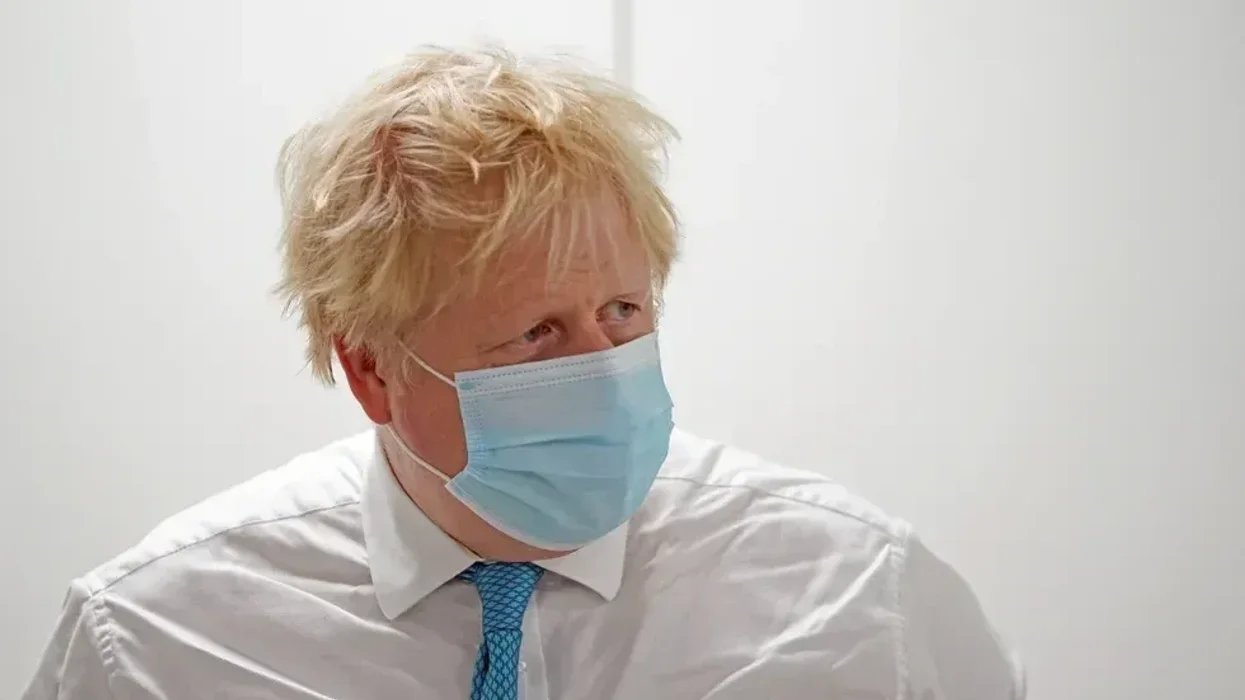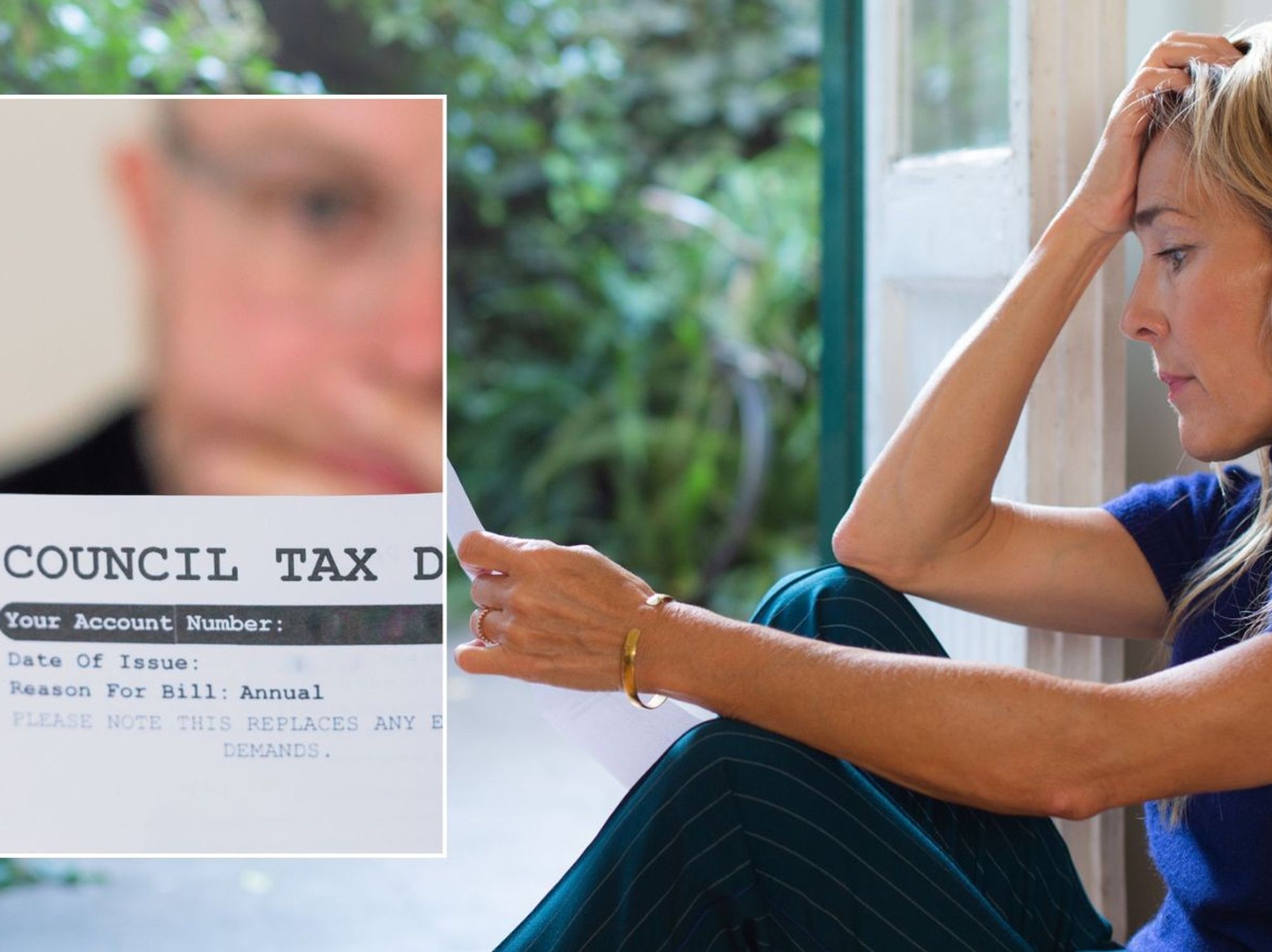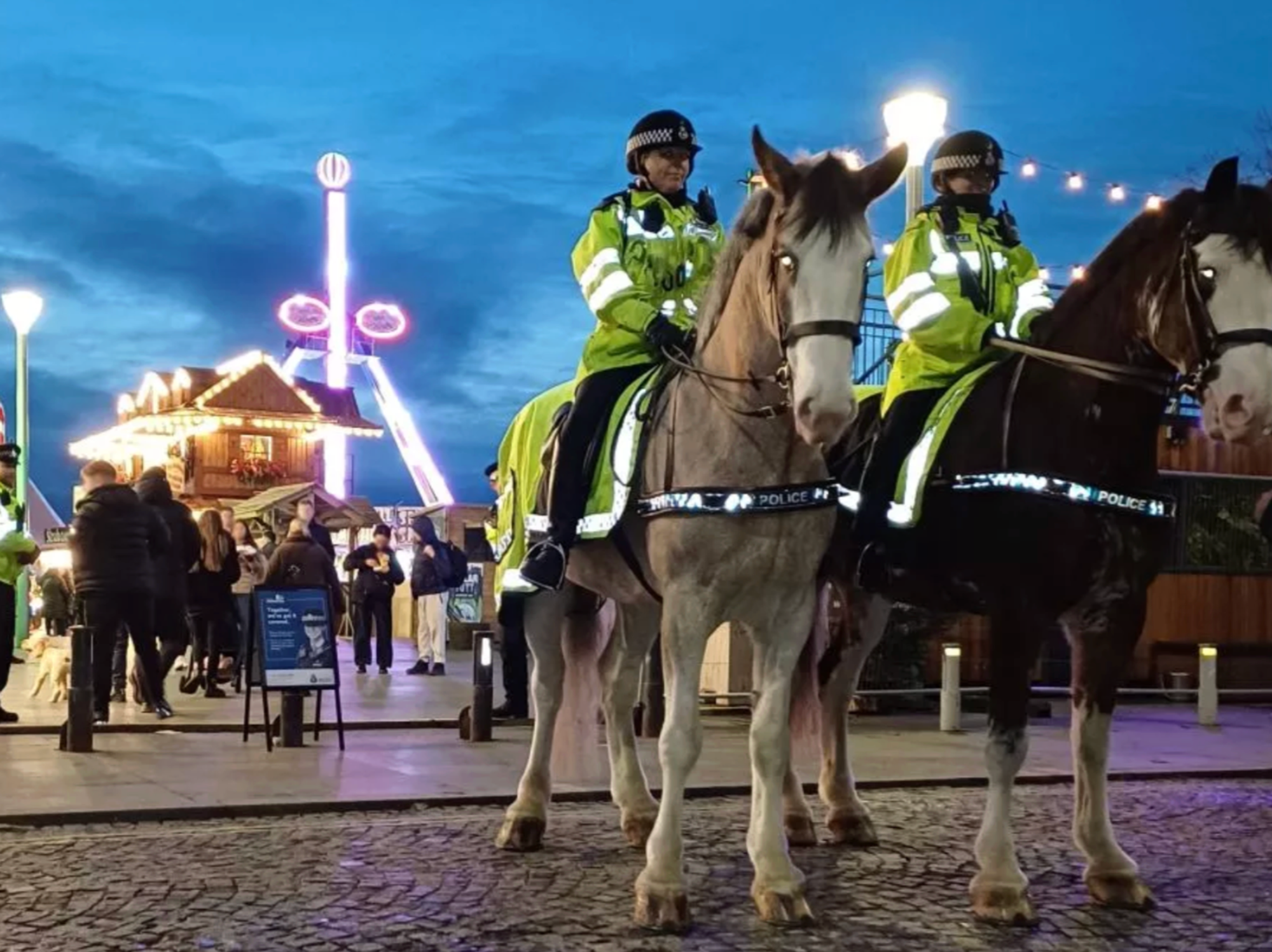Boris Johnson slams EU for 'stealing' British jabs as former PM reveals plan to RAID Dutch vaccine plant

Boris Johnson has hit out at the EU for "stealing" Covid-19 vaccines which he thought should have ended up in Britain
|PA

A row broke out during the pandemic when Brussels threatened to block the export of AstraZeneca vaccines from the EU
Don't Miss
Most Read
Boris Johnson has hit out at the EU for "stealing" Covid-19 vaccines which he thought should have ended up in Britain.
The former PM told the security servcies to put together plans for a commando style raid on a Dutch vaccine plant to liberate the jabs, he is expected to tell the coronavirus inquiry this week.
A row broke out during the pandemic when Brussels threatened to block the export of AstraZeneca vaccines from the EU.
Millions of doses of the vaccine, produced at a Dutch factory, were claimed by Britain.
WATCH: Rees-Mogg asks why allegations of a 'Wuhan lab leak' were not mentioned at the Covid-19 inquiry
But the EU argued they should be used in the bloc.
At the time, EU Commission President Von der Leyen said: "We have the option of banning a planned export.
"That’s the message to AstraZeneca: you must fulfil your contract with Europe first before you start delivering to other countries."
Sources told the Mail Johnson had asked the security services to seize the jabs as the row escalated.
Johnson will give evidence to the Covid-19 inquiry on Wednesday.
He is expected to admit having "unquestionably made mistakes" during the pandemic, but will reiterate that his decisions heled to save tens of thousands of lives.
The former Prime Minister is also expected to lend his support to Matt Hancock, sources told the Times.
Hancock has faced severe criticism from senior civil servants for his time in the Department of Health.
Speaking to the inquiry last month, England's chief medical officer Professor Chris Whitty admitted that he thinks the first lockdown in March 2020 was introduced "a bit too late".
But he said the Government had "no good options" at the time.
LATEST DEVELOPMENTS:
He told the inquiry: "My view is, with the benefit of hindsight, we went a bit too late on the first wave.
"I was probably further towards, 'let's think through the disadvantages here before we act' and also in making sure that in giving my advice, that ministers were aware of both sides of the equation.
"The biggest impacts of those would be areas of deprivation and those in difficulties, and those living alone and so on.
"So, I was very aware that we essentially had two different things we were trying to balance - the risk of going too early, in which case you get all the damages from this with actually fairly minimal impact on the epidemic, and the risk of going too late, in which case you get all the problems of the pandemic running away."










